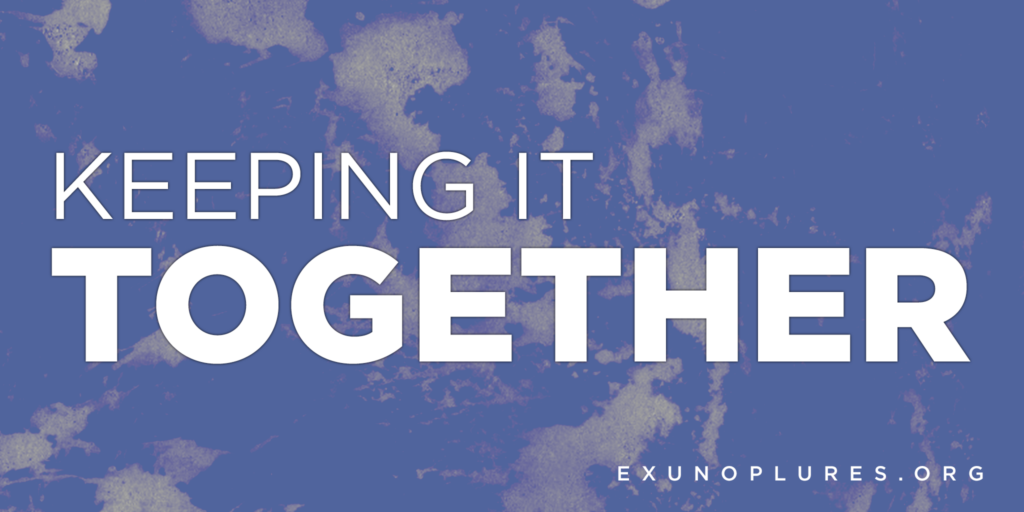Jamie Dawkins, 2016
When we first came to terms with our multiplicity about ten years ago, we weren’t quite sure what to do. We had just escaped a psychologically, sexually, and physically abusive household, were then going through a period of housing insecurity, and were dealing with the realities of being trans, multiple, queer, and newly poor. Our realization that we were plural had hit us very quickly, and we had to find ways to make sure that we could cooperate so we could build a better life for ourselves. In order to do that, we had to find coping strategies to make sure that things ran as smoothly as possible. Ten years later, I’d say that many of those strategies have paid off. We’re not perfect–who is?–but we’ve come a long way from where we were when we were 20 and first navigating life as an open plural system. Here are some of the things that have worked for us over the past decade.
- System meetings. We don’t always have formal meetings, but we do discuss important issues with one another if a decision will affect multiple members of the group. Examples include choosing jobs or courses of study, or making large purchases. We’ve seen some sources, like Got Parts, recommending daily system meetings, but we’ve found that daily meetings don’t work for us for several reasons. For one, there are too many of us to be able to summon every single group member near enough to the front to hold a system meeting every day. Second, there are only a few of us with major decision-making power near the front at any given time. We use different ways to hold meetings depending on how many people need to be there. We’ve held them within headspace, we’ve used a text file as a rudimentary “chat room,” and we’ve used locked online blogs to comment to each other for larger meetings.
- Open communication. We make sure that important decisions and ideas are discussed among the other primary frontrunners at the very least. We use a variety of ways to communicate with each other, including text files that function something like a chat room, notes on our phone and tablet, handwritten notes, talking within headspace, and talking out loud when we’re in our bedroom or some other private place. Having open communication makes it less likely to be met with an unpleasant surprise, and can be very helpful for systems who struggle with memory continuity. We have a mostly continuous common memory that we can all draw from, but that’s not the case for all groups.
- Establishing a system government. When we first came to terms with being plural, we established a formal government to make sure that we were able to make decisions that benefited the group as a whole. We had a designated system head (Richard), with various other people like Jack, Yavari, and Hess managing specific aspects of our life. We haven’t had a formal government in years, but we do still have some system members holding a kind of “veto power,” mostly because they’ve taken more of an active role in our everyday life. We haven’t needed a government in a while, but at the beginning, that structure gave us stability when we desperately needed it. [Update, 2023-07-16: Since 2020, we’ve reinstated a system government with me at the head. —Jack]
- Acknowledging the effects of trauma. Like a lot of other plural groups, we’ve survived years of trauma from a variety of sources. Functioning well means paying attention to that trauma, and working through it. Working through that trauma can mean different things to different people: talking to a trusted professional like a therapist or counsellor, keeping a journal or diary, doing mindfulness work, meditating, or other strategies that work best for you. In our case, we sought out trusted friends, worked with therapists, kept journals, and worked on mindfulness. It took several years of work (and a lot of trial and error) to find the best solutions for us; it may be faster or sooner for you. We know that not all systems are trauma-based or have experienced trauma, but that’s not true for us. (Caveat: some of us don’t think this system is trauma-based; I do.)
If you’d like further resources on getting things together, there’s an excellent list of links at HealthyMultiplicity.com, under “Getting It Together.”
